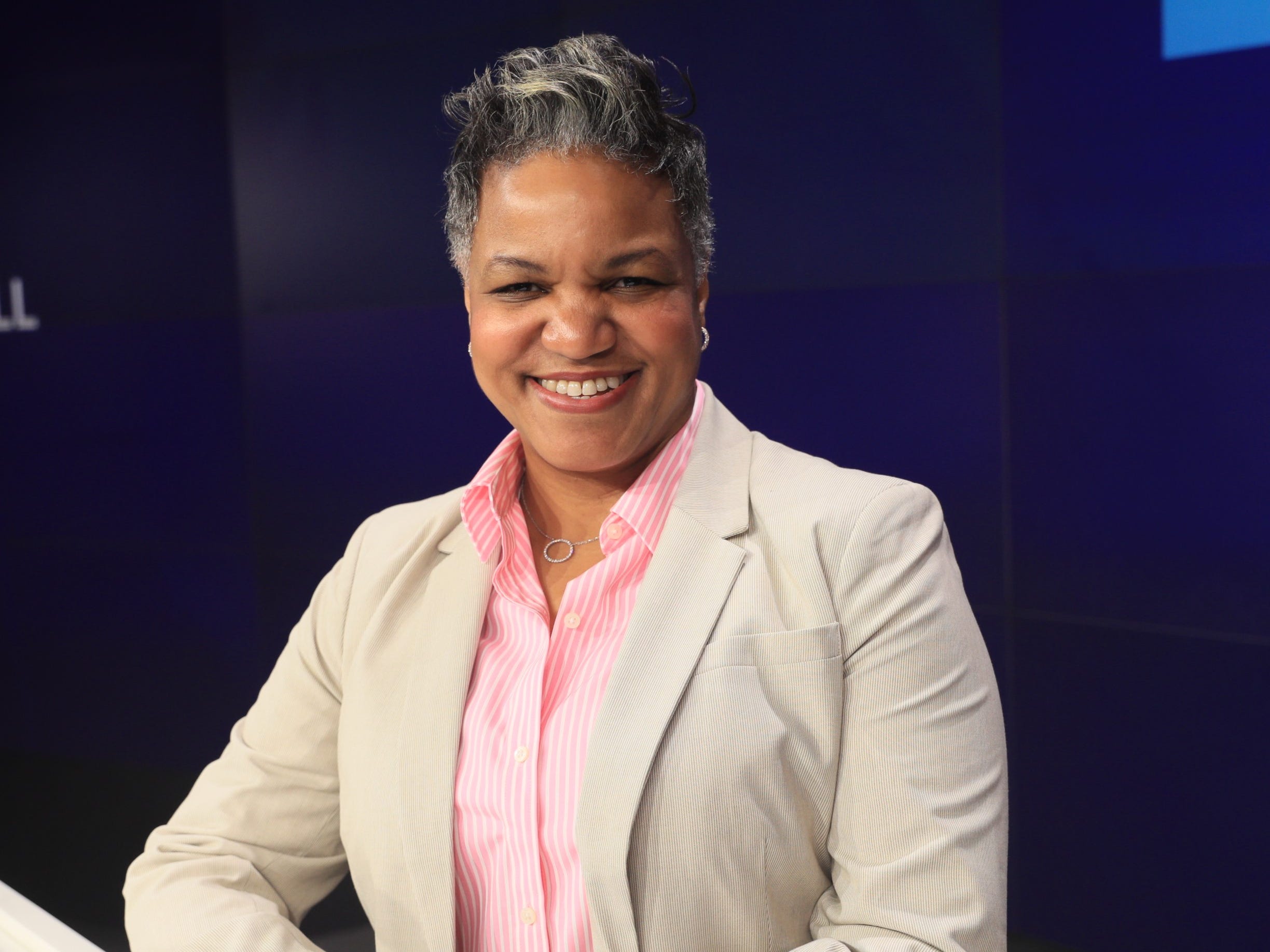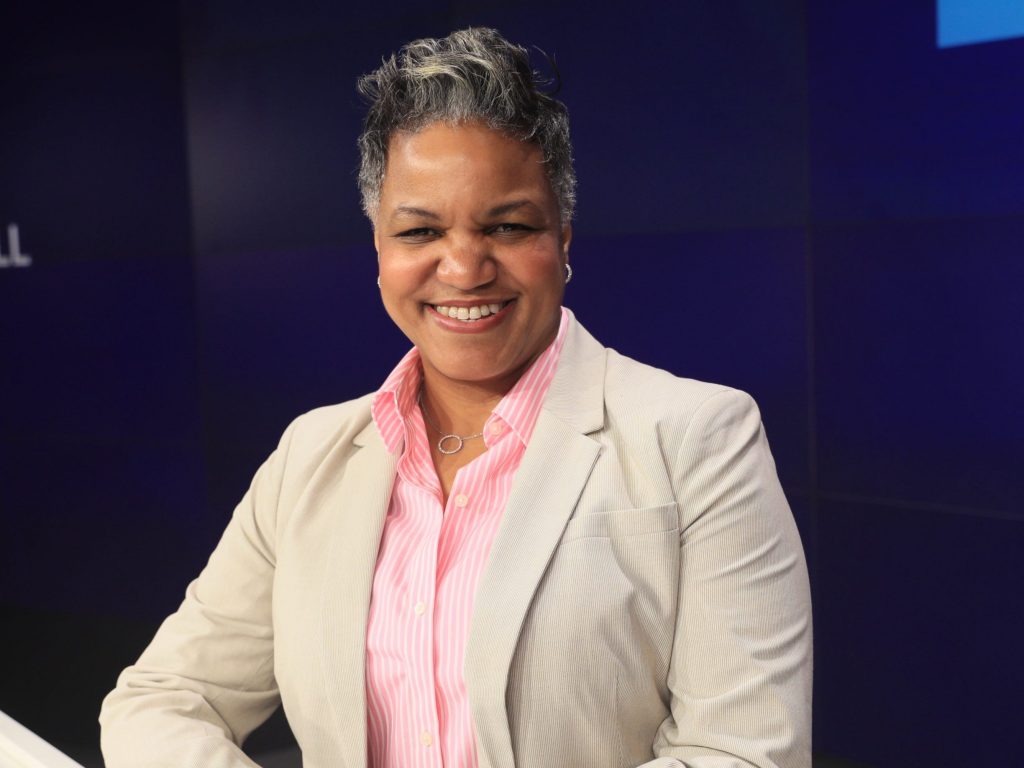
Courtesy of LinkedIn
- Rosanna Durruthy, LinkedIn's head of diversity, said more executives need to focus on inclusion.
- Inclusion is a set of practices that make all workers, especially workers from underrepresented backgrounds, feel safe to be themselves at work.
- Without inclusion, she said, corporate diversity efforts will fall flat.
- See more stories on Insider's business page.
Rosanna Durruthy, an openly queer Afro-Latina, knows what it's like to not feel included.
In some spaces, she was chided as not being Black enough. In others, she was told she wasn't Latina enough. She's experienced a litany of microaggressions and blatant racism over her 30-year career. For many of those years, she didn't feel comfortable enough to openly identify as queer.
"There are many times where I've had to be brave," Durruthy, head of diversity and inclusion at LinkedIn, told Insider. "The real bravery of leadership is to create something that didn't exist previously. When we talk about systemic bias, what we're also talking about is the permission that society has given to create unfairness."
And "no one wants the mental stress of having to be someone that they're not," she added.
As leaders hire more DEI executives and promise more workplace diversity over the next few years, Durruthy said the key to attracting and retaining top talent from underrepresented backgrounds comes down to prioritizing inclusion.
"It's not just about bringing people in the door. It's about building inclusive leaders who are able to unlock the potential in each and every one of their team members," she said.
In Durruthy's words, inclusion is a set of policies and practices that convey a simple message: "I see you, and I want you in my environment, and I want you to bring your perspective to the work that we're doing."
"Great companies are going to create safe spaces for their employees and they're going to enable brave conversations to take place," she said.
Prioritizing inclusion is especially important to retaining talent from marginalized backgrounds. One in three LGBTQ+ professionals face blatant discrimination and/or microaggressions at work, per a recent LinkedIn survey. And about one in four Black and Hispanic employees report having been discriminated against at work in the past year, per a Gallup poll.
To create an inclusive workplace, leaders need to establish clear discrimination and harassment policies - and also ensure their hiring practices are fair and free of bias, Durruthy said.
Companies that succeed in achieving their diversity goals will also empower not just their DEI executive to tackle discrimination, but all managers.
"The work that I do in diversity is not something I do alone," Durruthy said. "It's the kind of work that requires others to stand alongside you, not only members of our LGBTQ+ community, but allies as well to recognize and regard the importance of ensuring that everyone in that environment has the ability to realize great potential."

